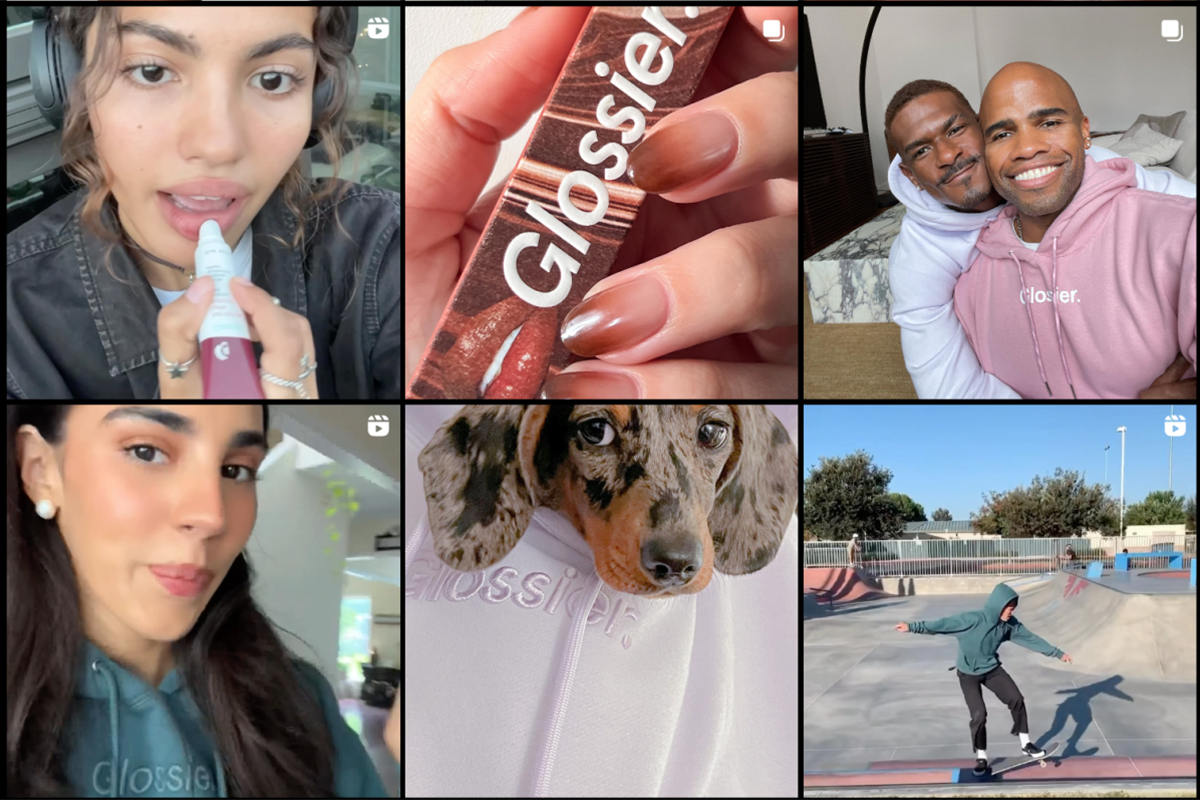Artificial Intelligence has undoubtedly revolutionised the content writing landscape, offering a myriad of possibilities for creators and marketers. I am constantly asked how busy we are at MasterJack because people seem to believe that AI will slow our business down. It hasn’t; in fact, it’s helping us make more people aware that AI is a tool, not the complete solution.

Many have fallen into the trap of relying too heavily on AI-generated content, resulting in writing that’s painfully obvious to discerning readers. I understand why; it’s because writing is hard, or you don’t have time to sit down and think about it, and of course, AI does it so quickly.
You’ve likely encountered such content, peppered with buzzwords like “transformative,” “revolutionary,” and “game-changing,” or stuffed with an unnecessary abundance of emoticons that scream, “Look how relatable and human I am! 😊🎉👍”
This overreliance on AI is actually creating a barrier between brands and their target audience. When readers encounter obviously AI-generated content, they often feel that the brand doesn’t genuinely care about them. It comes across as inauthentic and impersonal, as if the brand couldn’t be bothered to communicate directly with its audience.
The quest for authenticity
Authenticity has become a prized commodity, particularly among younger generations (but they wouldn’t call it that, they would say you’re not keeping it 100). This shift towards valuing genuine, transparent communication isn’t just a passing trend—it’s a response to our increasingly digital and often impersonal world.
Millennials and Gen Z, having grown up in an era of carefully curated social media profiles and polished corporate messaging, have developed a keen sense for detecting inauthenticity. They’ve become adept at spotting the difference between genuine interaction and marketing speak, leading to a strong preference for brands and individuals who present themselves honestly and transparently.

A prime example of this is the skincare brand Glossier. Founded by Emily Weiss in 2014, Glossier has built a cult following among younger consumers by embracing authenticity in its marketing and product development. The brand’s “skin first, makeup second” philosophy, user-generated content, and direct engagement with customers through social media have resonated strongly with Millennials and Gen Z. Glossier’s approach to showcasing real people with real skin, rather than overly edited images has set them apart in the beauty industry and exemplifies the kind of authenticity that younger generations crave.
This desire for authenticity is also a reaction to information overload. In a world where we’re constantly bombarded with content, messages that feel real and personal cut through the noise. Authentic communication creates a sense of connection in an often disconnected digital landscape.
Moreover, recent global events, from political upheavals to the Covid pandemic, have further emphasised the importance of trust and reliability. People are seeking brands and leaders they can believe in who communicate openly and honestly, especially during challenging times.
For businesses, this means that authenticity isn’t just nice to have—it’s essential. Brands that share their values, admit their mistakes and engage in genuine dialogue with their audience are more likely to build lasting relationships with customers. This is particularly true for younger consumers, who often view their purchasing decisions as extensions of their personal values and identities.
Authenticity also contributes to the growing desire for transparency in business practices. From supply chain ethics to corporate social responsibility, consumers want to know the real story behind the brands they support. They’re looking for companies that not only talk the talk but also act the walk.
In essence, the value placed on authenticity today reflects a deeper human need for genuine connection and trust in an increasingly complex and often artificial-feeling world. It’s a reminder that despite all our technological advancements, at our core, we still crave real, meaningful interactions—both with each other and with the brands we choose to engage with.
Brand reputation damage
The repercussions of this perceived lack of authenticity can be severe. Customers may lose trust in the brand, viewing it as insincere or out of touch. This can lead to decreased engagement, lower conversion rates, and even damage the brand’s reputation. In an era where authenticity is highly valued, such missteps can be costly.
The solution lies in treating AI as the tool it is—a powerful assistant, not a replacement for human creativity and personal touch. To truly harness the power of AI in content writing:
- Use AI for initial drafts or idea generation, then refine and personalise the content.
- Inject your own experiences, anecdotes, and insights that AI couldn’t possibly know.
- Maintain your brand’s unique voice and personality throughout the content.
- Use industry-specific knowledge and current events to make content more relevant and timely.
- Always review and edit AI-generated content to ensure it aligns with your brand values and messaging.
Remember, what makes your content truly valuable is your unique perspective and experience. AI can’t replicate your personal stories, your company’s journey, or the specific insights you’ve gained in your field. These elements are what make your content genuinely yours and resonate with your audience.
By skillfully blending AI assistance with your own expertise and personality, you become the true superhero of content creation. After all, only you can be you —and that’s your superpower in the world of content. AI can help you fly, but it’s your unique voice that will make your content soar.
As always, we’re here to help, so if you have any questions or need help figuring out your brand persona, send us an email, give us a call, or DM us on our socials.
